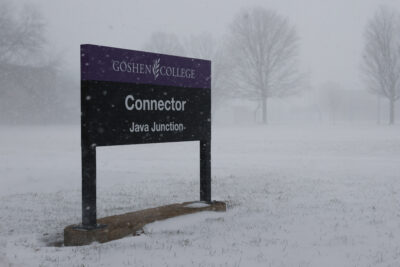The second major earthquake in many months struck on Saturday, this time near Chile’s second-largest city of Concepción.
The 8.8 magnitude earthquake struck 200 miles from the capital city of Santiago, 21 miles underground. Fortunately, despite the staggering magnitude, this quake didn’t amount to nearly the destruction as the recent tragedy in Haiti.
Although the earthquake that shook Chile on Saturday was reportedly 501 times stronger than the recent disaster in Haiti that killed an estimated 220,000, the death toll is so far only around 700, though that is predicted to rise as rescue and identification efforts continue.
Aside from the more remote location of the quake, there were a number of factors that made this earthquake less devastating.
Because of building codes, most buildings in the affected area were built with steel structures that sway with the shaking ground rather than crumble. This is in contrast with Haiti, which has no building codes of the sort.
The Chilean government is also better prepared for this type of disaster, with earthquakes happening more frequently than they do in Haiti, where the last quake was 250 years ago.
However, despite these factors, there has still been an overwhelming amount of destruction, with over 1.5 million people displaced by the quake. Concepción, Chile's second largest city, has been hardest-hit, with 305 known casualties in the city alone.
As numerous significant aftershocks shook the area, Chile’s President Michelle Bachelet made a statement conveying the state of the country.
"We face a catastrophe of such unthinkable magnitude that it will require a giant effort [for Chile to recover],” she said on Sunday.
Although President Obama has promised assistance, the Chilean Red Cross has said that external help is not currently required, though international aid groups are on standby.
Even though Mennonite Central Committee doesn’t have a program in Chile, they have allocated $150,000 to be put towards the cause. But because they don’t have staff in the country, they look to give the money to an organization that is more closely involved, saying they are “in discussion with colleague organizations who are working to respond to the aftermath of the earthquake.”
Leader of the current Peru SST group Jerrell Richer says the Goshen College students in Peru have not been affected by the earthquake, though he notes that it has been widely covered in Peruvian news.
“I believe there is a fear here, well founded of course, that something like this could happen here again soon,” he said.
To donate to MCC’s relief fund, visit https://donate.mcc.org/project/chile-earthquake.

